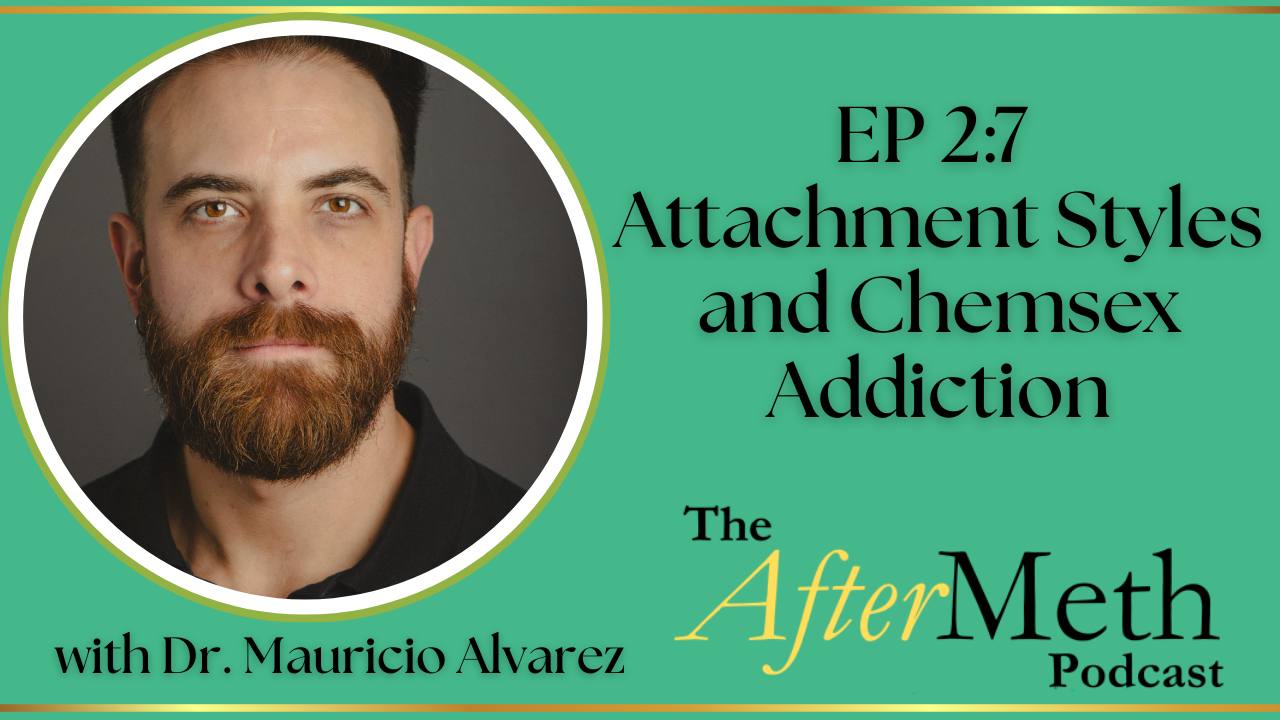Wake Up and Take Control

Most of this world is asleep.
Wake up. Scroll. Gym. Work. Scroll. Netflix. Sleep.
What a life.
The average person who grew up in suburbia, graduated from college, was employed by a corporation, married, had kids...
I often wonder how they could ever know what it's like to smoke a bowl of meth and go on a sex bender for 3 days.
To watch helplessly behind a wall of chemical-induced paranoia while life crumbles slowly beneath their feet.
To wipe away tears with their forearm while tightening the belt around their upper arm.
To wake up from a bender to find their kids staring helplessly and fearfully at their weak, sullen body.
What the hell do they know about hardship?
We are the lucky ones.
We get to view life through a different lens.
We appreciate the light on a deeper level because we've been deeper into the darkness.
But, I've been noticing lately that some of you escaped the grip of crystal only to find yourself trapped in another prison: autopilot living.
You seem to conform to the rest of the world instead of leveraging your experience with meth.
You know what I'm talking about.
That feeling when you're going through the motions, when days blur together, when you're physically sober but still emotionally asleep.
When you're letting old programming run the show instead of consciously creating your life.
But here's what I know for damn sure: Recovery isn't just about stopping meth. It's about waking up to your own life and taking the pen back to write your own story.
The Mechanics of Mental Autopilot
Think about driving a familiar route.
You arrive home with no memory of the actual drive because your unconscious mind took over.
That same mechanism is running approximately 95% of your daily thoughts and behaviors.
Most days, you're not making conscious choices. You're running programs:
- The "I need external validation" program that was coded into you when your worth was tied to performance
- The "I don't deserve good things" program that got installed during your shame-filled using days
- The "I'm one mistake away from disaster" program that kept you hypervigilant during chaos
- The "I can't trust myself" program that reminds you of past failures.
These aren't character flaws or moral failings. They're neurological grooves – default settings that your brain reverts to unconsciously throughout your day.
Awareness Isn't Enough
Here's where many recovery approaches fall short: they tell you to "be mindful" of these patterns without giving you the tools to actually rewire them.




